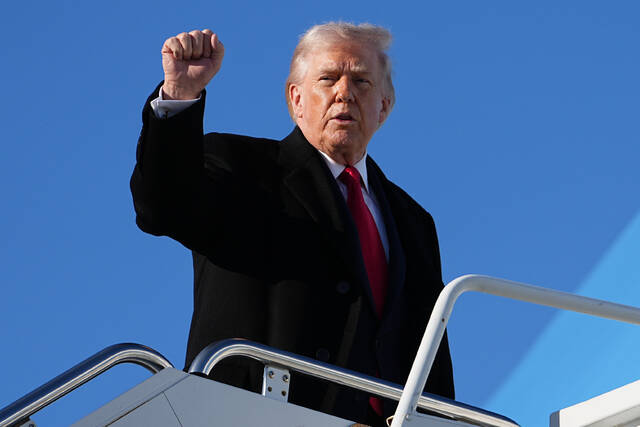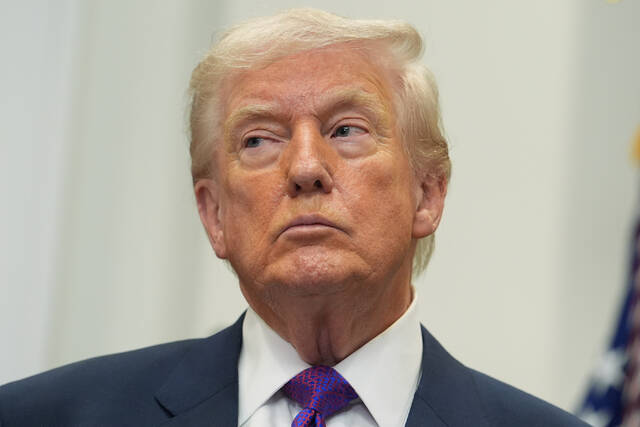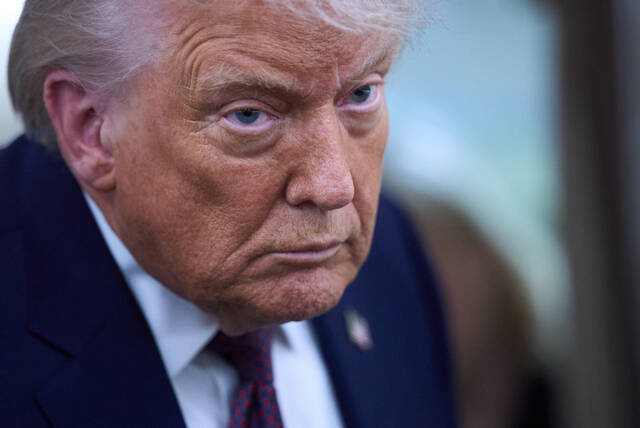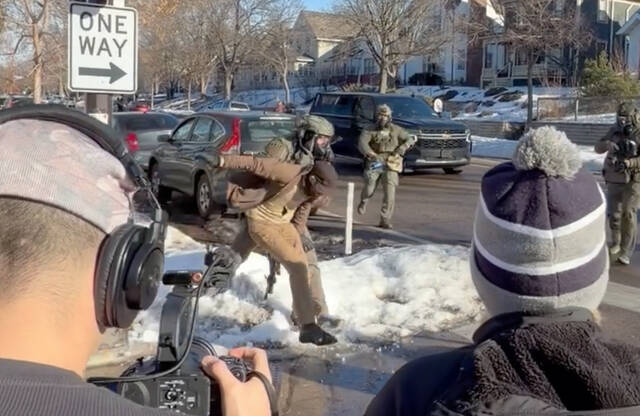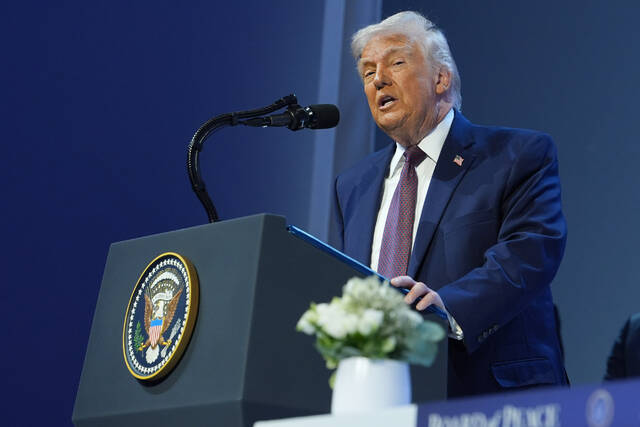The phrase “death by a thousand cuts” has come to describe the accumulation of a number of seemingly minor actions that combine to cause the death of a thing. And when it comes to our traditional form of American democracy, those seemingly minor actions are starting to add up.
As described by Steven Levitsky in his article “The New Authoritarianism” in The Atlantic, America is not likely to see a full-scale old-fashioned dictatorship, but something along the lines of the governments of Hungary, India and Turkey. He calls it competitive authoritarianism.
In a competitive authoritarian government, there may still be partisan elections, but “incumbent abuse of power systematically tilts the playing field against the opposition.”
This is achieved by replacing highly qualified professional government employees with loyalists, appointing politically motivated prosecutors, launching investigations to scare off potential opponents, threatening those who resist with jail and using regulatory agencies to discourage critical news stories. All of that has happened lately.
These are American issues, not political issues. We know from experience that authoritarian government comes in trickles: Before you know it, you have lost your freedoms.
Secret police are now roaming our streets, masked and hooded federal agents who are arresting immigrants, some here illegally and some here legally. Americans are accustomed to the bad guys wearing masks — not the police. Because we are used to proud, professional and accountable law enforcement, these images shock us.
It may even be more dangerous for the officers. As Scott Shuchart, a former assistant director for regulatory affairs at ICE, said, “I’m worried that somebody’s going to start shooting at them and it’s going to get very ugly. This is a country where, in general, if you walk up to somebody’s front door in a T-shirt and a mask, they might shoot you back.”
Donald Trump likes the threat of intimidation and the use of force, not just on American streets, but also in the halls of government. Since 2022, he has “issued more than 100 threats to investigate, prosecute, imprison or otherwise punish his perceived opponents,” according to NPR. His long list of targets includes Barack Obama, Lynne Cheney, the police who defended the Capitol from the treasonous insurrectionists, Mark Zuckerberg and Gen. Mark Milley.
Trump’s border czar Tom Homan recently picked up on his boss’ threat to arrest Zohran Mamdani, the Democratic candidate for mayor of New York City, for opposing ICE’s tactics. Hohman said he would “flood the zone” with ICE agents and “triple down” in the city if Mamdani is elected mayor.
Whether you support Mamdani or not, Mamdani’s response to Homan rings true if you value traditional notions of American freedom: “His statements don’t just represent an attack on our democracy but an attempt to send a message to every New Yorker who refuses to hide in the shadows: If you speak up, they will come for you. We will not accept this intimidation.”
Our country and our government have been shaped by vigorous differences and competitive elections, and that can still be the case. But only if we pay attention to the lessons of the past.
As Levitsky wrote in The Atlantic, the opposition can win only if it stays in the game. Worn down by defeat, and fearing harassment and lost opportunities, many civic leaders and activists will be tempted to pull back into their private lives.
“But a retreat to the sidelines could be fatal for democracy. When fear, exhaustion or resignation eclipses our commitment to democracy, competitive authoritarianism succeeds.”



